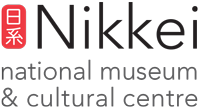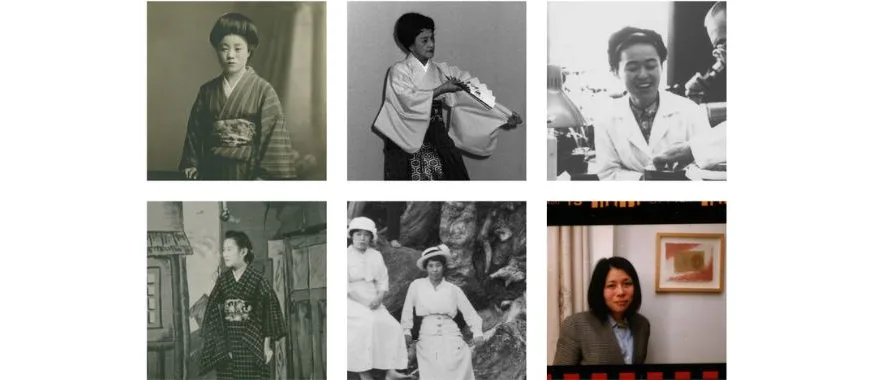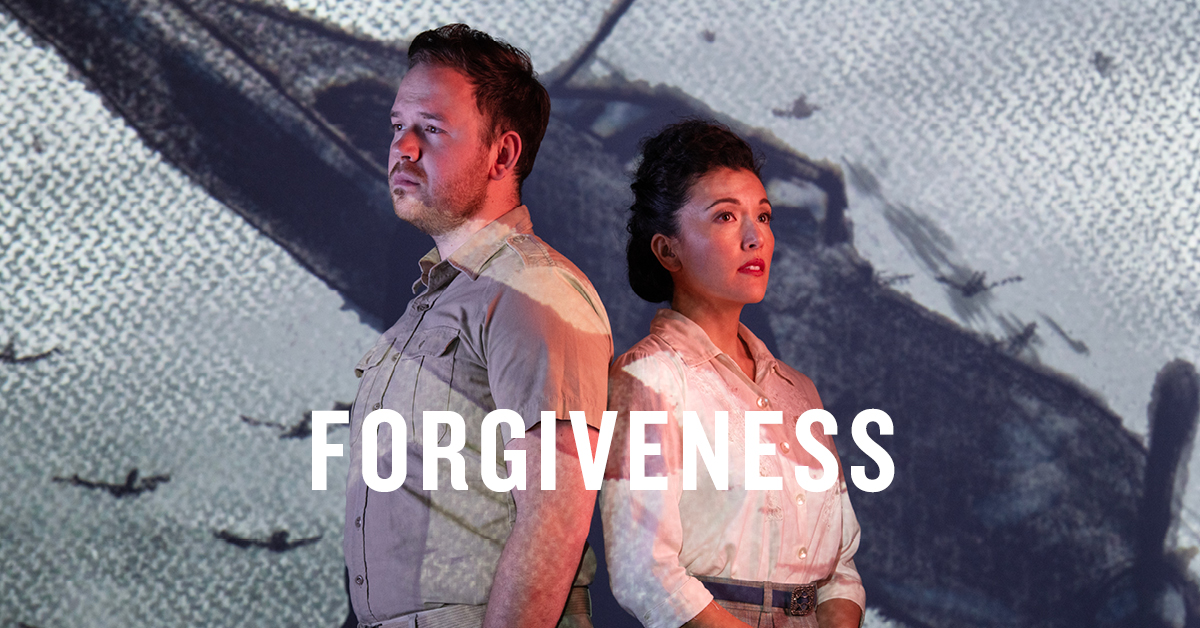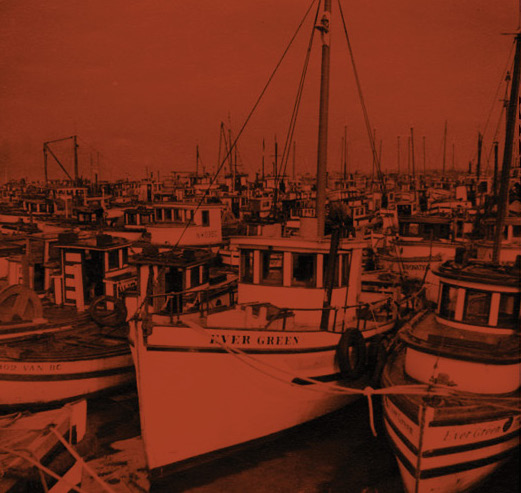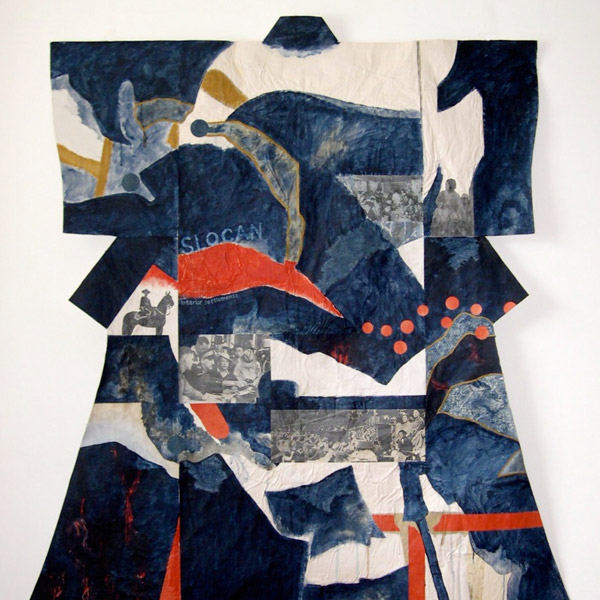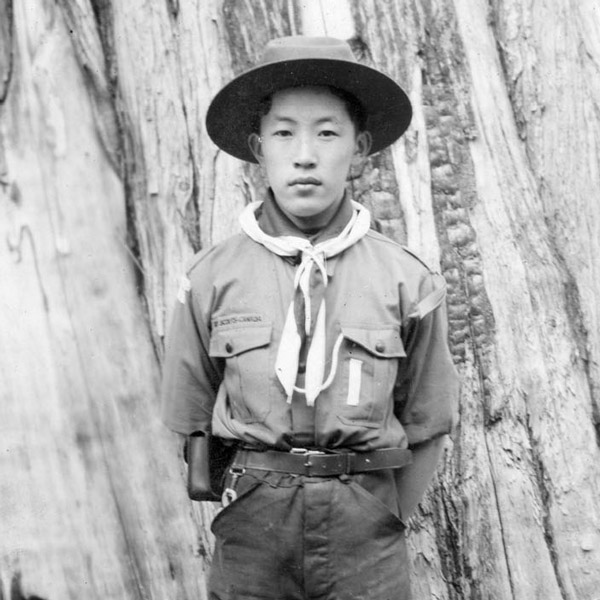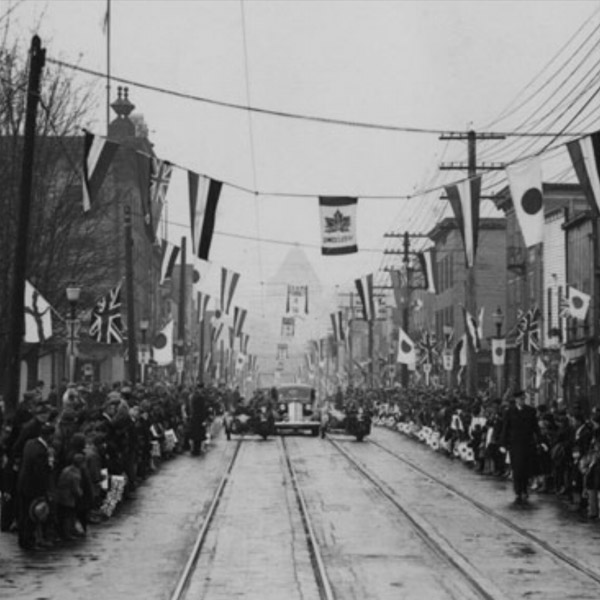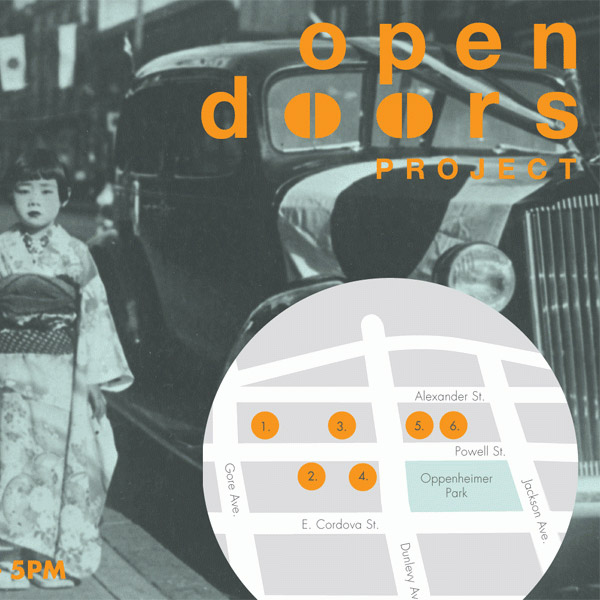Japanese Canadian Veterans
Powerful stories and in-depth research about Japanese Canadian veterans who served our country during the Frist World War, Second World War, and the Korean War.
Understanding Forgiveness (赦し)
Adapted from the Nikkei National Museum exhibits Taiken and Hastings Park 1942 as a companion to the Arts Club Theatre Company’s 2023 production of Forgiveness.
Writing Wrongs: Japanese Canadian Protest Letters of the 1940s
Writing Wrongs is inspired by over 300 letters written by Japanese Canadians in the 1940s to protest the Canadian government’s forcible sale of their property.
Witness to Loss
Along with every other Japanese Canadian, Kishizo Kimura saw his life upended by events that began in 1941. His experience of the tumultuous decade that followed—his uprooting and internment, his loss of personal property and livelihood, his effort to forge a new life in a new place after the war—was shared with tens of thousands of others. But his story is also unique: as a member of two controversial committees that oversaw the forced sale of property, Kimura participated in the dispossession of his own community.
Warrior Spirit 1916
Beginning in early 1916, over 200 Japanese Canadian recruits began military training in Vancouver. These men went on to fight in the Canadian Expeditionary Forces, participating in the major battles of the Somme, Vimy Ridge, Lens, Avion, Hill 70, Passchendaele, Amiens, Arras, Cambrai, Denain, Valenciennes, and Mons. 55 were killed or died of their wounds. Only six came home uninjured.
Hastings Park 1942
In early 1942, over 8,000 Japanese Canadians were detained in Hastings Park before being sent to internment sites in the BC interior or to work camps across the country.
Nikkei Stories
Combining storytelling with archival photographs, Nikkei Stories reanimates the people, places and events important to the social, economic and cultural life of Japanese Canadians who lived in the Powell Street community in Vancouver and Steveston, Richmond, BC.
The Open Doors Project
Wouldn’t it be great if visitors to the Powell Street Festival could also walk up and down Powell Street and explore some of the businesses and workshops in the area? This was the simple idea that started the Open Doors Project – a multidimensional project to help commemorate and animate the Powell Street area.
Our Mothers’ Patterns
Sewing and dressmaking in the Japanese Canadian community is a legacy of pride, skill and accomplishment passed on from thousands of women who mastered this vital art to practice their craft in British Columbia and across Canada from the early part of the twentieth century to the present. The inspiration for this exhibit came from a collection of dresses donated to the Nikkei National Museum by Mary Ohara, typical of those worn in the 1930s, 1940s, and 1950s.
